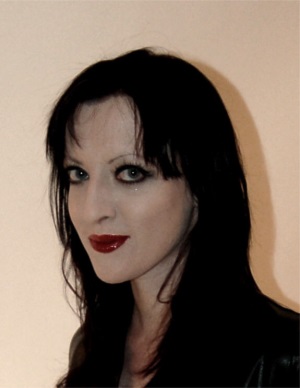
By popular demand, we are re-featuring this exclusive interview with Dr. Jenny Butler, originally published in October 2013.
The ancestry of modern Halloween, which needs no introduction here, leads on a straight line back to Samhain, the Celtic feast day of the Dead. One of the four annual feast days of the Celtic world, Samhain was such an important feast day that it did not escape the notice of Julius Caesar as he ravaged Celtic Gaul who remarked that the Celtic god of death and winter was worshipped on this day.
Samhain was the principal feast day of Celtic Ireland prior to the arrival of Christianity. Over time, the Christianisation of Celtic religious belief re-made Samhain into All Saints Day, a principal Holy Day of the Catholic Church, which as the name of the Holy Day suggests, gives a nod to its roots as the Celtic feast of the dead. The smooth transition from Celtic Samhain to the Christian holiday honouring dead Christian Saints is just another example of how expert were St. Patrick’s missionaries in weaving Celtic myth into Christian belief making it seem as if the new religion was really an extension of the existing faith in the Gods of the Celtic Pantheon.
Transceltic are honoured to have had the opportunity to interview Dr Jenny Butler on her insights into the origins of Halloween. Dr Butler is a folklorist based at University College Cork's Folklore and Ethnology Department with a PhD thesis on the topic of Irish Neo-Paganism. Dr Butler’s principal interests are in the areas of mythology, belief narratives, folk religion, ritual and festival. A member of The Irish Society for the Academic Study of Religions (ISASR), she has numerous articles to her credit. Dr Butler is currently working on a book about Irish contemporary Paganism.